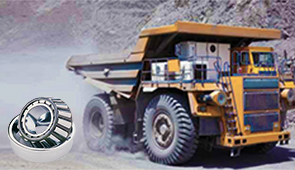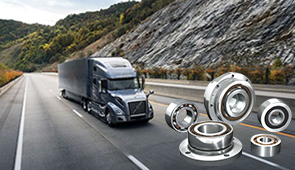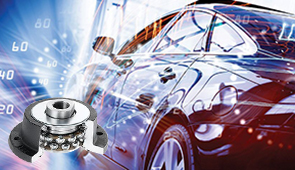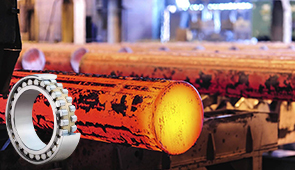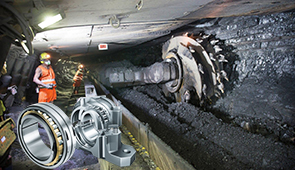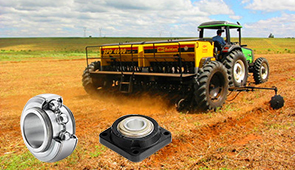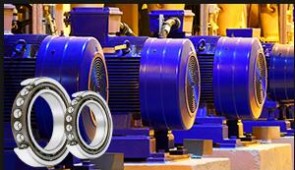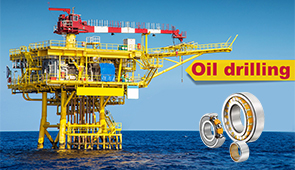what does a bad wheel bearing sound like
The most common symptom of a bad wheel bearing is a noticeable vibration when the vehicle is traveling at highway speeds. The noise may be coming from the front or rear of the vehicle, and it can get louder as you continue to drive. The sound may be present at all speeds, or it may only occur at certain speeds.
A whirring noise as you accelerate.
The sound is caused by the wheel going out of alignment when it touches the brake drum or rotor. The noise will be loudest when you’re turning corners and decelerating, because it’s at those times that the most force is being put on the bearings.
If your car has bad wheel bearings, it could cause damage to other parts of your vehicle. When the bearings wear out or become damaged, they can cause other problems like poor acceleration or difficulty braking. The bearings are also responsible for keeping your tires in contact with the road surface so that they can grip properly and provide traction and stability at speed. If they’re damaged, you’ll have trouble controlling your car on wet surfaces or loose gravel because your tires won’t be able to grip properly.
A clicking, clunking or popping sound when making a turn.
As a vehicle’s wheel bearings wear out, they can make a clicking or rattling sound when the car is traveling at higher speeds. This may not be something that you notice until you take your car in for an inspection, but it’s important to get them replaced as soon as possible to avoid any further damage.
If you do hear a clicking or rattling sound coming from your vehicle’s wheels, there are several things that could be causing it:
A loose wheel nut can cause this kind of noise. If one of the nuts on your wheel loosens up and falls off while driving, it will make a loud clunking sound when it hits the road. This is usually accompanied by shaking or vibrating in the steering wheel. Replace any loose nuts immediately so that they don’t come off again while driving and cause an accident.
Loose hubcaps can also cause vibration in the steering wheel and make a lot of noise on the road when they hit each other as you drive down the highway. Tighten all hubcaps before driving again to eliminate this problem entirely.
Grinding or rubbing noises.
This can happen on the front wheels or the rear wheels, but it’s usually the front because there are more turns and bumps on the front tires than on the rear tires.
The most common symptom of a bad wheel bearing is a loud noise that comes from somewhere in the steering system. The noise may sound like metal-on-metal grinding, or it may be more of a hum or whirring sound. It can also be accompanied by a vibration throughout the entire car.
A bad wheel bearing can cause other problems as well. For example, if your vehicle is making a loud noise at low speeds, this could indicate that your brakes are dragging or that your brake pads have worn down too far. If you have trouble turning or stopping while driving slowly over bumps in the road, this could also be due to a bad wheel bearing (or some other problem).
Squeaking or whining noises.
Most wheel bearings are sealed to keep out dirt and water. The bearings themselves have a grease seal that keeps the grease inside the bearing so it doesn’t wear out prematurely. If you hear a squeaking sound coming from your front or rear wheel, chances are that the bearings are worn out or damaged. If this happens, you need to replace the bearings as soon as possible to prevent further damage to your vehicle’s suspension system and wheels.
When bearings wear out, they fill up with metal shavings from their races and no longer provide smooth rotation for your wheels. The metal shavings can also cause damage to other parts of your vehicle’s suspension system if they begin grinding against other moving parts inside the wheel hub assembly.
Uneven tire wear.
The first warning sign of a bad wheel bearing is uneven tire wear. This usually occurs on one side of the vehicle, but it can also happen on both sides of the car. If you notice that your tires are wearing more on one side than the other, it’s time to get them checked out. The issue could be as simple as a low tire pressure, but it could also be caused by something more serious like a bad wheel bearing.
Another indication of a bad wheel bearing is when there’s a clicking or grinding noise coming from the wheels when you’re driving around town. This can be very unsettling for drivers, who may think that there’s something wrong with their brakes when they hear this noise coming from their wheels! But don’t worry – this isn’t an indication that you need new brakes right away! Instead, it just means that your bearings are starting to wear down and need replacing.
If your car is making one of these noises then it might be a bad wheel bearing, so get it fixed as soon as you can to avoid further problems.
Whining, squeaking, clicking or grinding noises in the front of your vehicle can be caused by a bad wheel bearing. If your car is making one of these noises then it might be a bad wheel bearing, so get it fixed as soon as you can to avoid further problems.
It is important to note that while some of these noises are cause for concern, others are not. So if your car is making any of these noises, take it to your local mechanic to have them inspected and diagnosed.
A wheel bearing makes the car roll easier, and reduces strain on other components of the drive train. If it fails completely, would cause a humming sound from the front end. Typical symptoms include a growling noise that increases in pitch as you accelerate. The noise can radiate from the front driver’s side wheel, or from the rear driver’s side wheel. You may feel a loss of control or an erratic steering when the bearing starts to fail.
UCTH213-40J-300 with Setscrew(inch)
CNSORDERNO: Normal-duty(2)
TOGN: UCTH213-40J-300
SDI: B-R1/8
SD: 2 1/2
UCTH212-39J-300 with Setscrew(inch)
CNSORDERNO: Normal-duty(2)
TOGN: UCTH212-39J-300
SDI: B-R1/8
SD: 2 7/16
UCTH212-38J-300 with Setscrew(inch)
CNSORDERNO: Normal-duty(2)
TOGN: UCTH212-38J-300
SDI: B-R1/8
SD: 2 3/8
UCTH212-36J-300 with Setscrew(inch)
CNSORDERNO: Normal-duty(2)
TOGN: UCTH212-36J-300
SDI: B-R1/8
SD: 2 1/4
UCTH211-35J-300 with Setscrew(inch)
CNSORDERNO: Normal-duty(2)
TOGN: UCTH211-35J-300
SDI: B-R1/8
SD: 2 3/16
UCTH211-34J-300 with Setscrew(inch)
CNSORDERNO: Normal-duty(2)
TOGN: UCTH211-34J-300
SDI: B-R1/8
SD: 2 1/8









